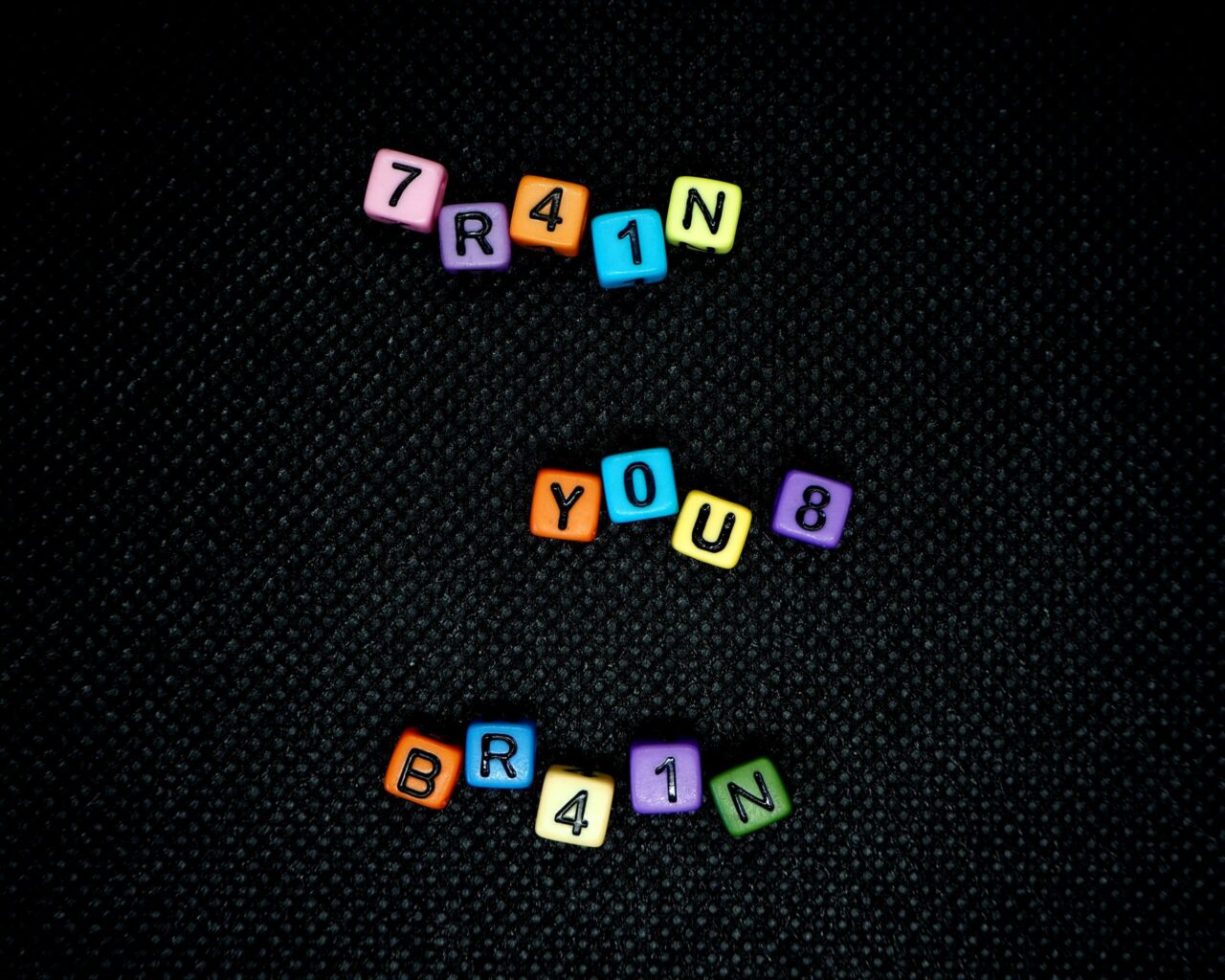I’ve always liked brain picking. I’m really keen on psychology and I enjoy exploring the influence of different human actions, behaviors on our brains. So why not explore it when it comes to gift giving? We must remember that gift-giving isn’t just about exchanging presents; it’s a way to connect with others and feel good about ourselves. But have you ever wondered what happens in your brain when you give a gift? Let’s take a look at the impact of gift-giving on the human brain and why it’s so important.
We’ve already learnt in my previous blog posts that gift-giving is a truly universal aspect of human culture, existing across societies and civilizations throughout history. We also know that traveling through history from ancient rituals to modern-day customs, the act of giving and receiving gifts plays an important role in social interactions and relationships. However, let’s think if gift-giving also has profound effects on the human brain? In this post I will try to explore the neurological dynamics of gift-giving, shedding light on how this simple act influences our cognitive and emotional processes.
First of all, when you give a gift, your brain releases chemicals that make you feel happy. One of these chemicals is dopamine, often called the “feel-good” hormone. Dopamine is associated with pleasure and reward, and it’s released when you do something enjoyable, like eating your favorite food or receiving a compliment. Giving a gift triggers the release of dopamine in your brain, making you feel happy and satisfied. Giving a gift can elicit feelings of happiness, satisfaction, and joy. The act of selecting and presenting a thoughtful gift to someone can be emotionally rewarding and can lift one’s mood.
Moreover, giving gifts also strengthens your social bonds with others. When you give a gift to someone, it shows that you care about them and value your relationship. This strengthens the connection between you and the recipient. In fact, studies have shown that giving gifts activates parts of the brain associated with social connection and trust. When you give a gift, you’re not just giving an object; you’re giving a piece of yourself and building a stronger relationship with the other person. Another important chemical involved in gift-giving is oxytocin, often called the “love hormone.” Oxytocin is released in response to social interactions, like hugs, kisses, or acts of kindness. When you give a gift, it can also trigger the release of oxytocin in your brain. This chemical promotes feelings of trust, empathy, and bonding. It’s like a warm, fuzzy feeling that makes you feel closer to the person you’re giving the gift to.
Believe it or not but giving gifts can also boost your self-esteem and overall sense of well-being. When you give a gift, you’re doing something kind and thoughtful for another person. This makes you feel good about yourself and boosts your confidence – why not do it more then?. Research has shown that people who engage in acts of kindness, like giving gifts, report higher levels of happiness and life satisfaction. I’ve also found an argument that giving gifts can actually help reduce your stress levels. And with such a speedy and hasty life we need all the aids to reduce everyday stress levels. When you’re focused on giving to others, it takes your mind off your own worries and problems. This can provide a welcome distraction and help you feel more relaxed and positive. Studies have also shown that people who give gifts regularly have lower levels of stress and anxiety.
And what about making others remember you as a giver? What I mean is that gift-giving creates lasting memories that you’ll cherish for years to come – you and also the person who got a gift from you. When you give someone a gift, it’s not just about the object itself; it’s about the thought and effort you put into choosing the perfect gift. These memories become part of your shared history with the recipient, strengthening your bond and creating a sense of belonging.
One of the best things about giving gifts is that it spreads happiness to others. When you give someone a gift, it brings joy and excitement to their day. It shows them that they’re valued and appreciated. And when they feel happy, it can have a ripple effect, spreading positivity to everyone around them.Giving and receiving gifts can also cultivate a sense of gratitude. When you give someone a gift, they feel grateful for your thoughtfulness and generosity. And when you receive a gift, you feel grateful for the kindness and thoughtfulness of the giver. Gratitude is associated with numerous benefits, including improved mood, better relationships, and increased overall well-being.
In conclusion, gift-giving has a powerful impact on the human brain. It activates the pleasure centers, strengthens social bonds, boosts self-esteem, reduces stress, creates lasting memories, spreads happiness, and cultivates gratitude. So the next time you give a gift, remember that you’re not just giving an object; you’re giving joy, love, and connection. And that’s something truly special.
Also make sure you follow us on Instagram and Facebook for new updates and posts!!!





